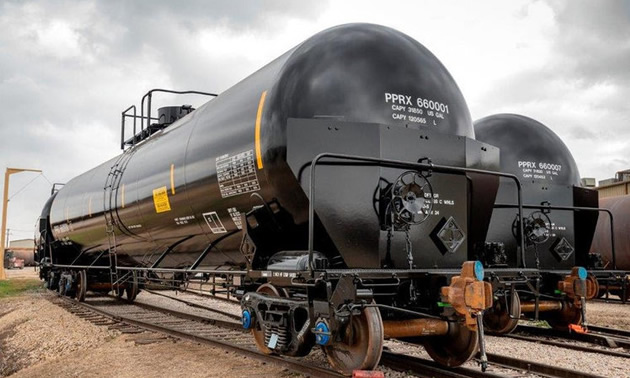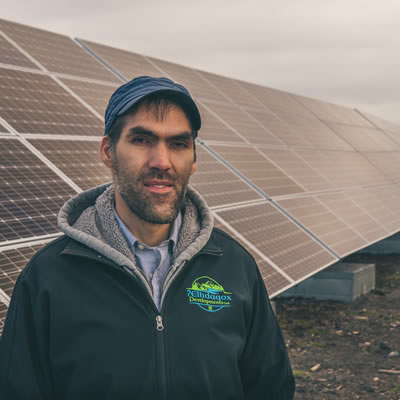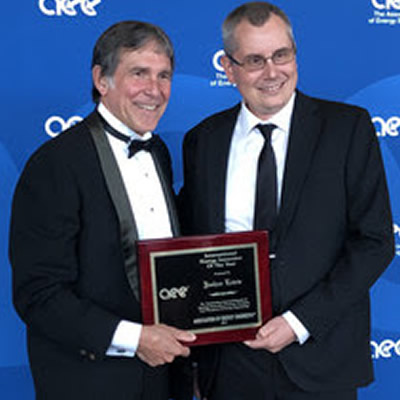Alberta Premier Rachel Notley will buy rail cars to move Alberta oil

Premier Rachel Notley announced that Alberta has started negotiations for a crucial investment in new rail capacity to help reduce the historically high oil price gap. — Photo courtesy CFM
Editor’s Note: Though this press release does not state the number of rail cars being purchased, other press reports indicate the order could be as high as 7,000 cars.
The Alberta government is taking action to build more capacity for moving oil by rail, as part of a made-in-Alberta strategy to keep more value from our resources.
Premier Rachel Notley announced that Alberta has started negotiations for a crucial investment in new rail capacity to help reduce the historically high oil price gap. The differential is robbing the national economy of more than $80 million a day, thanks to Canada’s decades-long failure to build new pipelines.
“We will not stand by while we’re forced to give our resources away for pennies on the dollar. This oil price differential is about real people with real bills to pay and real concerns about the future. There’s no excuse for Ottawa to not be at the table with us, but we cannot allow delays to continue. Alberta will buy rail cars ourselves in our fight to get top dollar for the resources that belong to every Albertan.” — Premier Rachel Notley
Alberta’s goal is to create enough new rail capacity to move 120,000 barrels a day out of the province to markets where our oil can earn the best value possible for three years, starting late 2019. It would narrow the oil price gap by up to $4 per barrel, generate more than $1 million per day in new federal revenues and provide smaller producers with a more affordable option to move their oil to market.
This additional capacity and dedicated service would also ensure that agricultural products, including grain, would not be affected by having to compete for space on existing trains.
The Alberta Petroleum Marketing Commission (APMC) is negotiating with rail manufacturers and suppliers to make the best possible investment for Albertans. While negotiations are underway, Alberta cannot release financial details of the rail investment. With the current pipeline construction schedule, this investment would be revenue neutral.
This increased rail capacity would come online in late 2019 due to the time it takes to manufacture the new tank cars and related facilities. Until that time, Alberta will continue to address the energy price differential crisis with its made-in-Alberta strategy that adds value through more upgrading here at home, creating thousands of jobs and attracting billions of dollars in new private investment.
Quick facts
- Alberta produces about 250,000 barrels a day more than can be shipped using existing pipeline and rail capacity.
- An additional 120,000 barrels a day could be shipped by the time all of the new rail cars are on tracks.
- The first rail cars are expected to start transporting oil in late 2019.
- The full complement of cars will be available in 2020.
Background
The APMC has engaged a third party to negotiate with industry and acquire additional crude-by-rail capacity, entering into various commercial agreements for the following crude-by-rail logistical components:
- rail service from rail companies in the form of locomotives, staff and track capacity
- rail tank cars from midstream suppliers
- on-loading capacity in Alberta to load oil onto rail tank cars
- off-loading capacity to unload rail tank cars at destinations
Based on initial negotiations, a minimum three-year contract could include the following:
- leasing new rail cars, with the first rail cars moving oil by December 2019
- securing 15,000 barrels per day (bpd) by December 2019, ramping up to 120,000 bpd by August 2020
This action taken could have a positive impact on the light-heavy differential of up to US$4 per barrel over that three-year period.
The terms of the future agreements are expected to be settled in the next few weeks.




